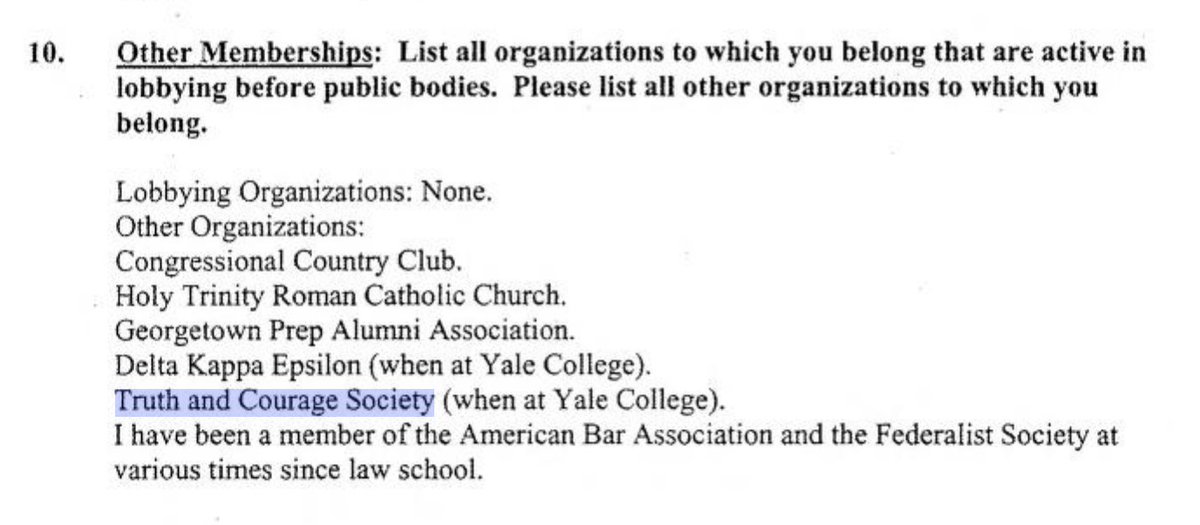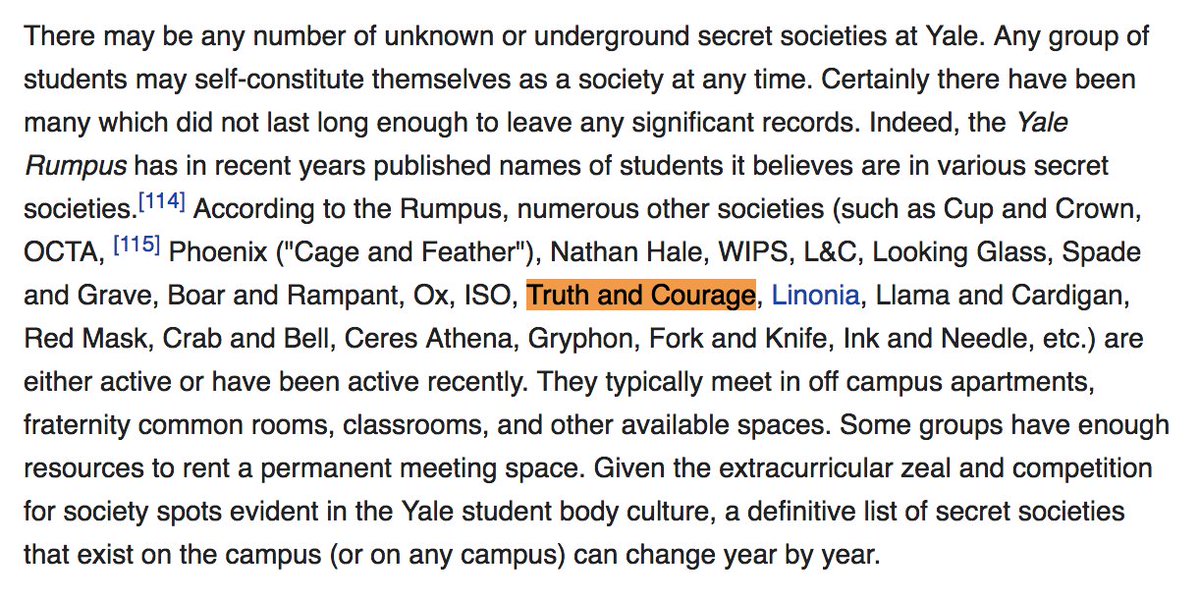academic.oup.com/past/advance-a…
They “cajoled, nudged and pushed private interests in...
This is probably true by the way of most or all rapidly developing economies, including of course China in the past 3-4 decades, but here is where they part ways. The state sector in the US was never monolithic, and was always subject...
This seems briefly to have been the case in China too, during the 1990s and early 2000s, but at some point in the few years after the 2008 Olympics, it seems that...
None of this is new, of course, to readers of the brilliant Albert Hirschman. In case anyone is interested, I wrote my own thoughts about what US economic history can tell us about China seven years ago:
carnegieendowment.org/chinafinancial…










